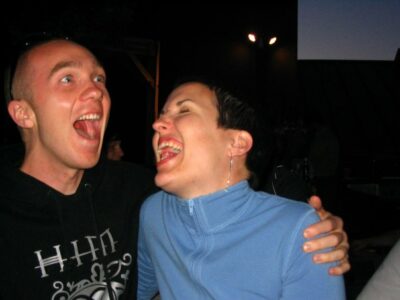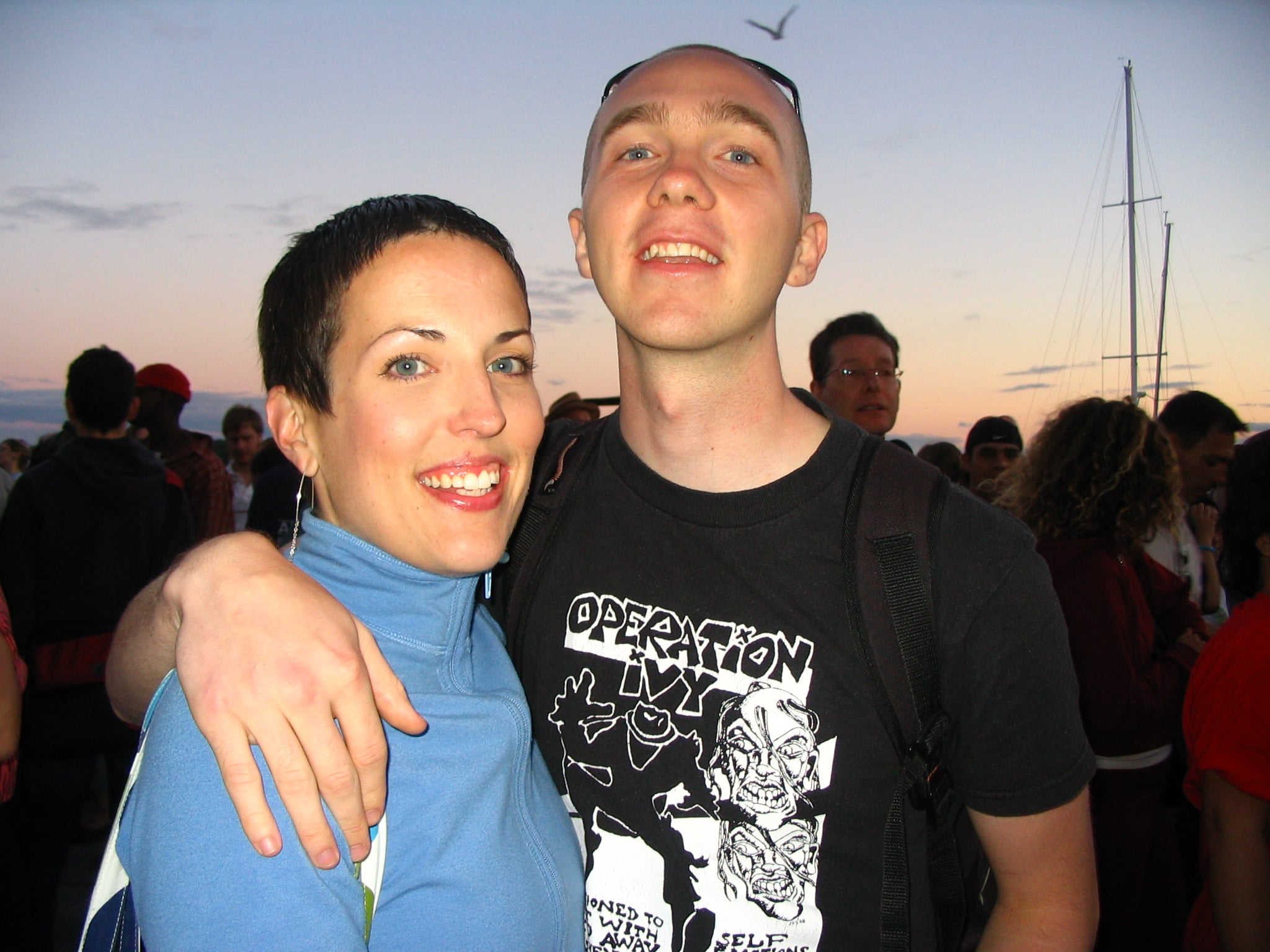Years ago, walking into my laundry room would make my stomach tighten with anxiety and pulling a load of towels out of the dryer would fill me with dread. My husband had been struggling with a substance use disorder for years and the laundry room was one of the places he would hide his drugs, or use drugs in secret. In early 2009, he overdosed at home, I found him and called 911. From that traumatic moment on, I lived in fear of it happening again.
Occasionally, while doing laundry I would come across drug paraphernalia or evidence of drug use. Each find was a punch to my gut and a knife to my heart. A physical reminder that my husband was still struggling. A soft voice whispering loudly in my ear “what if he overdoses again and dies? What if??” This cloud of fear and anxiety permeated every corner of my life and I couldn’t escape it, even in my laundry room. I desperately wanted to silence the soft voice and to drown out the ever-present ‘what if’ worry but that was impossible.
I began to adopt irrational behaviours to keep myself feeling psychologically safe. I would search his pants pockets every night, I would examine receipts left around the house, I’d look through his sock drawer when he was in the shower…I became a super sleuth, looking for clues wherever I could find them. In some weird way, I felt that if I could find the surprises before they surprised me, maybe it wouldn’t hurt so much. If I could catch him, maybe I could stop him? And if I could stop him, maybe I could save him? If I could save him, maybe I could feel safe again? It was exhausting living this way, but over time, it became normalized. This inner narrative of fear was like a low hum in the background of my daily life.

On August 7th, 2016, my husband died unexpectedly from an accidental opioid overdose at home. My worst fear came true and my life as I knew it exploded around me. I was now living out the ‘what if’ scenario my brain had played out so many times before.
Through the fog of those early days, I knew I had to find a way to pick up the pieces of my broken heart and my broken life. Grief counseling was one of the tools I used to begin this rebuilding process. It was in those tear-filled sessions that I began to unpack what it had been like for me to live with and love someone struggling with a substance use disorder. Turns out there was a lot to unpack. I had spent years swallowed up by my husband’s struggles and his substance use disorder and this had taken a toll on me. Eventually, my grief counselor suggested I seek out trauma therapy as a tool to process my experiences and to examine how my trauma was impacting my life currently. I’m so glad I did as it kickstarted my recovery from living addiction adjacent for so many years.
Living in fear of my husband overdosing again changed the way I viewed the world and the way I interacted with the world. I felt psychologically unsafe and this coloured everything in my life. I lived in fear of the worst thing happening and as result, my chronic worrying traits were kicked into overdrive. Trauma therapy helped me understand my debilitating anxiety wasn’t because I wasn’t able to cope with life or was ‘thinking too much’— it was a very valid trauma response based on the horrible things I had lived through.

As therapy went on, I started to see the many ways in which trauma responses showed up in my life. It was like a giant weight was lifted from my shoulders and my self-compassion began to grow. I started to realize that it was hard to cope with life because this terrifying experience I’d lived through was causing me to respond in these maladaptive ways. I wasn’t broken inside but in fact, I felt broken because of what I had experienced.
Trauma therapy was hard as fuck and yet I’m so grateful I did this exhausting inner work. It was a place for me to learn self-compassion and gentle kindness towards myself. Standing by your loved one as you watch them battle their own demons is immensely painful and so emotionally draining. Trauma therapy helped me understand the toll this had taken on me, and helped me find ways to repair the damage done.
Even after my husband had died, I’d still feel anxious in the laundry room and often memories of finding paraphernalia would flash in my brain. Instead of berating myself for having such irrational thoughts, trauma therapy helped me have compassion for myself and for these lingering feelings. Those familiar feelings of anxiety in the laundry room were a trauma response, and it would take time to untangle these feelings. I slowly stopped berating myself, and slowly started talking to myself with kindness and gentleness for what I’d gone through. Slowly but steadily, I stopped feeling unsafe. Slowly but steadily, I started to feel calm. The soft voice in my head now whispers to me It’s okay, you’ve been through a lot. You are safe.

The laundry room is not a place of terror or trauma anymore. It’s just a regular laundry room. When I’m in there I think mundane thoughts like ‘where the fuck do all the socks go?’ and ‘I wish my kids could do their own damn laundry’. When I catch myself in the middle of this normalness, I feel gratitude and peace. I am proud of the work I’ve done to untangle the mess that was inside me. It’s been a hard road, but freeing myself from the hold my trauma had on me has been a gift I didn’t know I needed.
Sarah Keast is a business owner, a writer and a public speaker. She is one of the co-founders of Crying Out Loud, a Toronto based wellness brand that curates uplifting gifts for every occasion; the good, the bad, and everything in between. She believes her lived experience with grief, mental illness and post traumatic growth as well as her openness to share this experience is an invaluable part of what Crying Out Loud as well as her writing and public speaking offers. She is also a widow, a mom of 2 and a wannabe wonder woman. You can find her on instagram @sarah_keast or @cryingoutloudto.



 Follow Us On Instagram
Follow Us On Instagram
